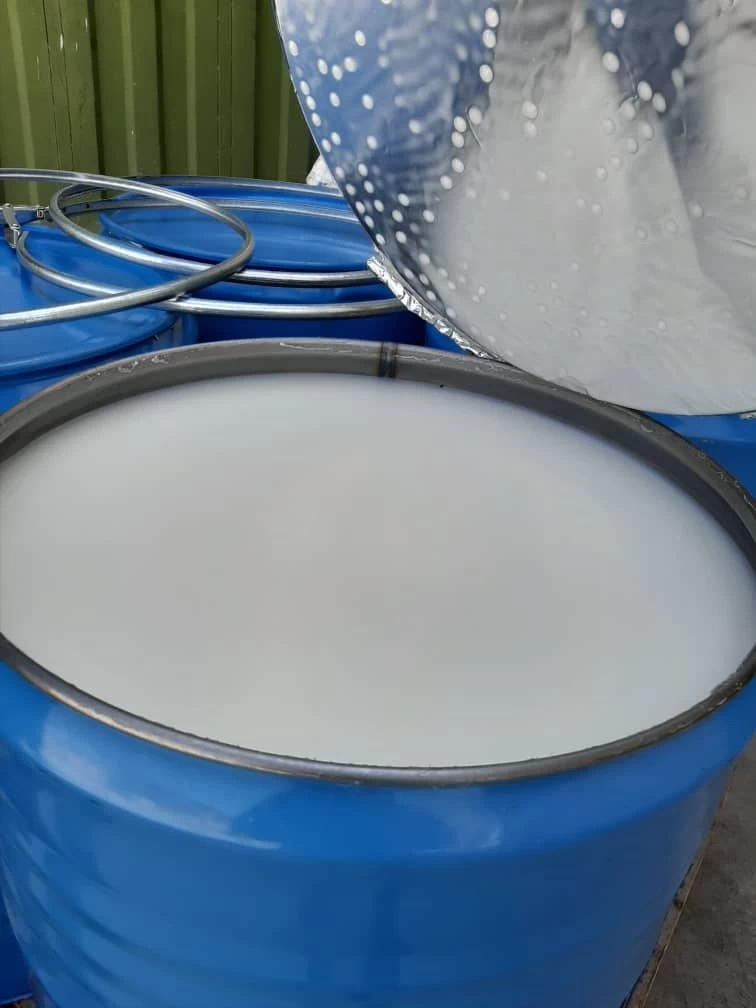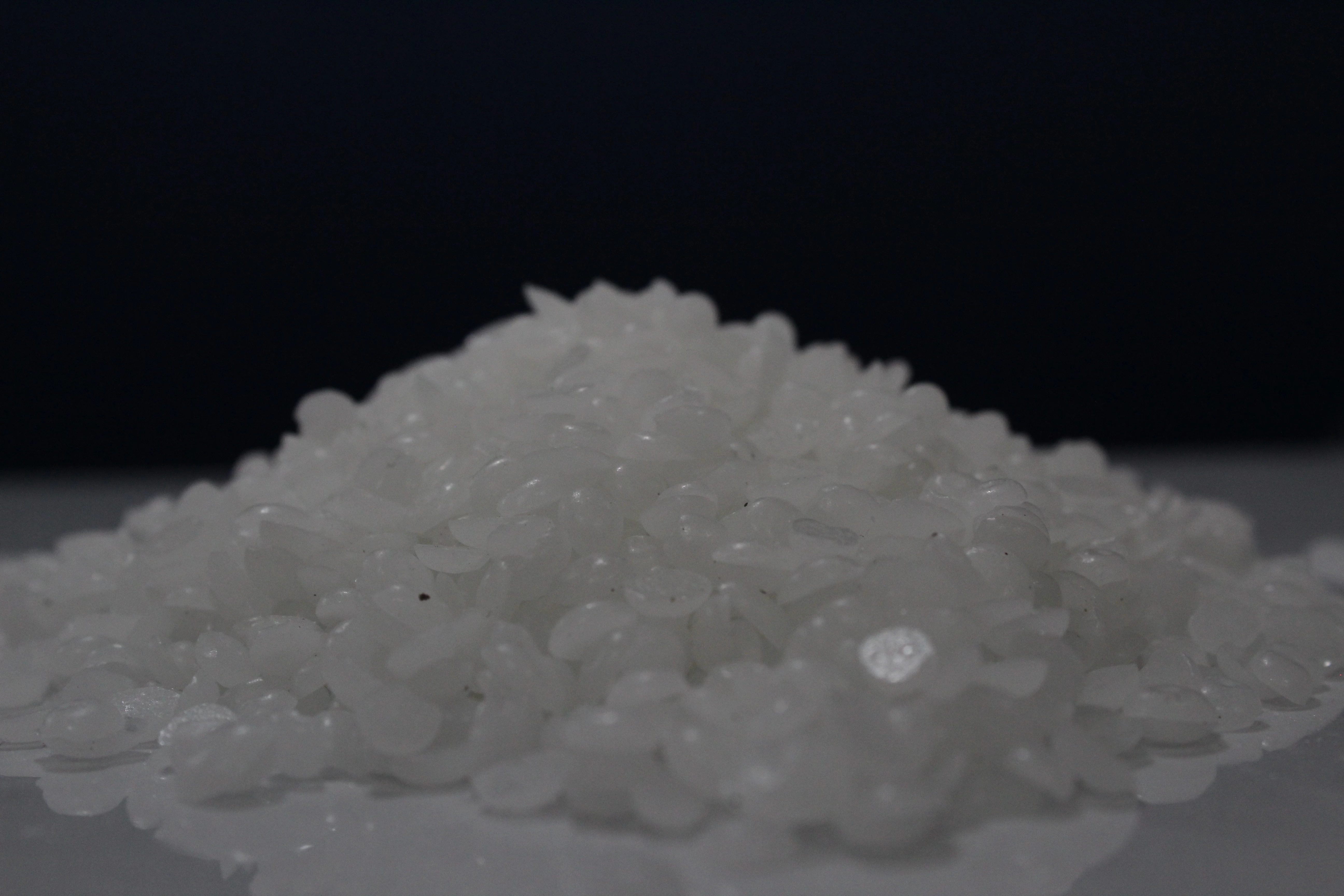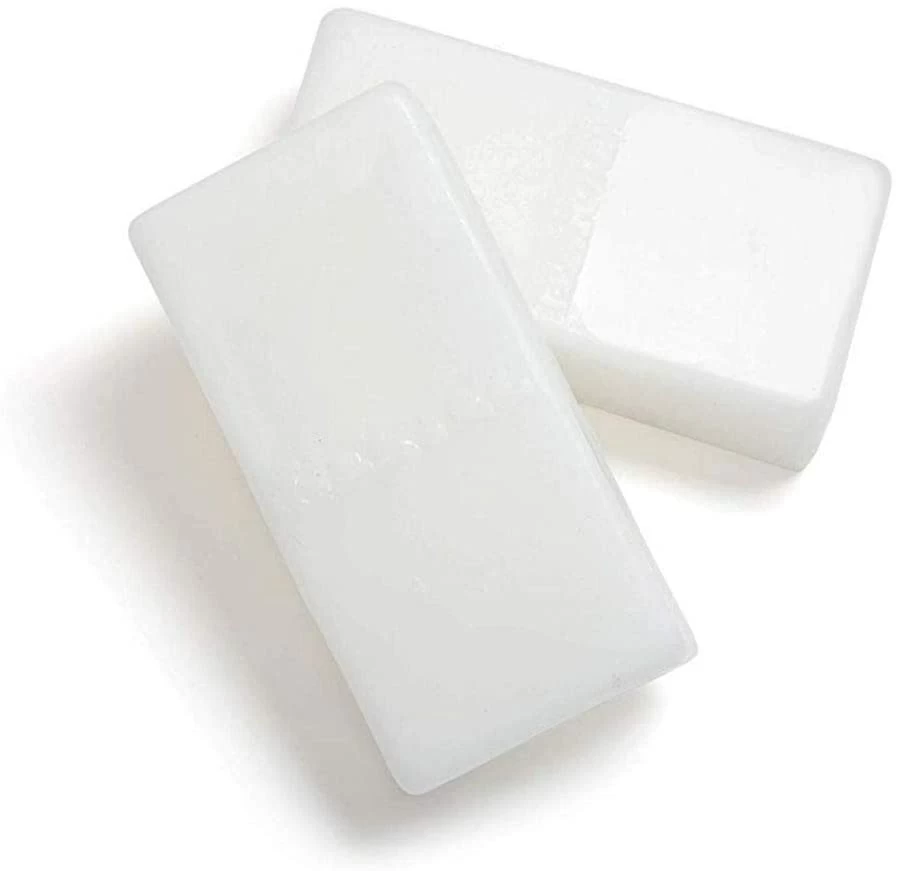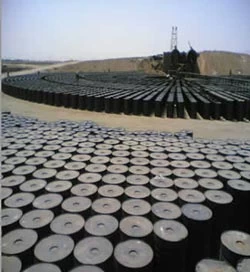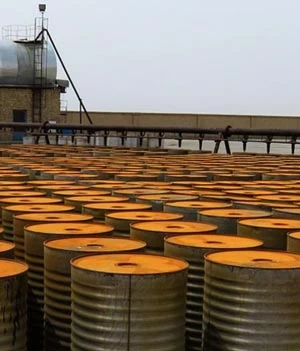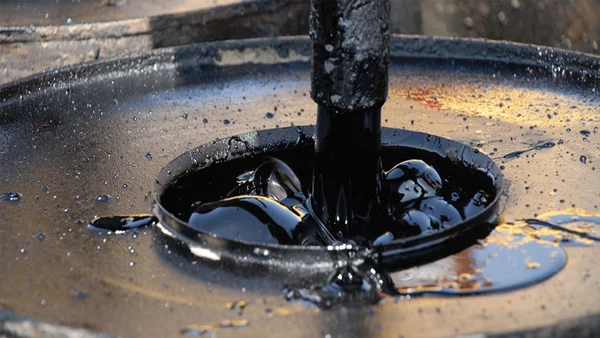Oil derivation
Oil, also known as petroleum, is a crucial global resource. Extracted from underground reservoirs, it serves as a primary source of energy, fueling industries, transportation, and households. The refining process transforms crude oil into various products, including gasoline, diesel, and petrochemicals. The oil industry plays a pivotal role in shaping economies and geopolitical dynamics, with some regions heavily dependent on oil exports. However, concerns about environmental impact and the shift towards renewable energy sources highlight the need for sustainable alternatives to reduce reliance on fossil fuels.
Iran holds a significant position in the global oil industry. As one of the world's leading oil producers, the country possesses vast reserves and has been a key player in shaping international oil markets. Its oil sector is a crucial component of the Iranian economy, contributing substantially to government revenues.
Historically, Iran has faced geopolitical challenges that have influenced its oil production and export capabilities. International sanctions, at times, have targeted Iran's oil sector, impacting its ability to trade and invest in oil-related infrastructure.
The country's geopolitical position in the Middle East further adds complexity to its role in global oil dynamics. Shifts in political alliances and regional tensions can impact Iran's oil policies and production levels, influencing global oil prices.
It's advisable to check recent sources for the latest developments in Iran's oil industry, as geopolitical and economic situations can evolve over time.
Oil, or petroleum, is a versatile resource used in various industries. Here are some key sectors where petroleum plays a crucial role:
1. Transportation:The majority of the world's transportation, including cars, trucks, airplanes, and ships, relies heavily on oil-based fuels such as gasoline, diesel, and jet fuel.
2. Petrochemicals:Petroleum is a primary feedstock for the petrochemical industry, producing chemicals and materials used in manufacturing plastics, synthetic rubber, fibers, solvents, and various other products.
3. Energy Production: Oil is a significant source of energy, used in power generation through oil-fired power plants. It also plays a role in heating and lighting for residential and industrial purposes.
4. Manufacturing: Many manufacturing processes use petroleum-derived products, such as lubricants, waxes, and asphalt.
5. Agriculture: Petroleum-based products are essential in agriculture for manufacturing fertilizers, pesticides, and herbicides.
6. Construction: Asphalt, a petroleum product, is a key component in road construction and infrastructure development.
7. Pharmaceuticals:Certain pharmaceuticals and medical products are derived from petroleum-based chemicals.

While petroleum has been a crucial resource for these industries, there is a growing emphasis on transitioning towards more sustainable and eco-friendly alternatives to reduce dependence on fossil fuels.
Petroleum is used in the manufacturing of a wide range of products across various industries. Some key products include:
1. Plastics: Petrochemicals derived from oil are essential in the production of plastics, used in countless everyday items such as packaging, containers, toys, and electronic devices.
2. Synthetic Rubber:Petrochemicals are a key component in the manufacturing of synthetic rubber, which is used in tires, footwear, and various industrial applications.
3. Fibers: Petroleum-derived chemicals contribute to the production of synthetic fibers like polyester and nylon, commonly used in textiles and clothing.
4. Lubricants: Oil is a primary source for manufacturing lubricants, which are essential for reducing friction and wear in machinery and vehicles.
5. Chemicals: Many industrial chemicals, including solvents, detergents, and fertilizers, are derived from petroleum.
6. Asphalt: Oil is a crucial component in the production of asphalt, used in road construction and maintenance.
7. Paints and Coatings: Petroleum-based chemicals are often used in the production of paints, varnishes, and coatings for various applications.
8. Detergents and Cleaning Products: Petrochemicals play a role in the production of detergents and cleaning agents.
9. Pharmaceuticals: Some pharmaceutical products are manufactured using petroleum-based chemicals.
While petroleum has been a cornerstone in manufacturing, there is a growing awareness of the environmental impact, leading to increased efforts to explore and adopt sustainable alternatives in various industries.
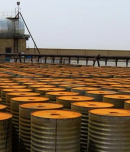
Oil is typically exported through various methods, and the choice of method depends on factors such as location, infrastructure, and logistical considerations. Here are common ways oil is exported:
1. Tankers: The majority of global oil exports are transported via large tanker ships. These tankers, known as oil tankers, can carry vast quantities of crude oil across oceans. They are a cost-effective and efficient means of transporting oil from producing countries to consuming nations.
2. Pipelines:Some countries use extensive pipeline networks to transport oil to neighboring countries or to ports for further shipment. Pipelines offer a continuous and reliable mode of transport but are limited to land-based routes.
3. Rail and Trucks:In regions where pipelines are not feasible, or for short-distance transportation, oil can be transported by rail or trucks. This method is often used for domestic transportation within a country.
4. Export Terminals: Specialized facilities, such as oil export terminals, are equipped to load oil onto tankers. These terminals often include storage tanks, loading docks, and other infrastructure to facilitate the efficient transfer of oil from land-based facilities to sea-based transportation.
5. Inland Waterways: In some cases, inland waterways and rivers are used to transport oil within a country or region. Barges may be employed for this purpose.
The choice of export method is influenced by economic factors, geography, and the volume of oil being transported. It's important to note that the oil trade is a crucial component of global commerce, and the transportation methods employed have significant economic and geopolitical implications.
In Iran, oil plays a pivotal role in the country's economy and geopolitical standing. Here are key aspects of the role of oil in Iran:
1. Economic Backbone: Iran possesses vast oil reserves, and revenue generated from oil exports has historically been a major contributor to the country's economy. The oil sector is a significant source of government income, funding various national projects and programs.
2. Employment:The oil industry in Iran provides employment opportunities for a considerable number of people. This includes jobs related to exploration, extraction, refining, and the overall oil infrastructure.
3. Foreign Exchange Earnings: Oil exports contribute significantly to Iran's foreign exchange earnings. The revenue generated from selling oil on the international market has been crucial for balancing the country's trade and supporting its currency.
4. Geopolitical Influence:Iran's position as a major oil-producing country gives it geopolitical significance. The country's oil policies and production levels can influence global oil prices and international relations, contributing to its diplomatic and strategic standing in the Middle East and beyond.
5. Economic Challenges:However, reliance on oil also exposes Iran to economic vulnerabilities, as fluctuations in oil prices and international sanctions can impact its revenue and economic stability. Diversification efforts to reduce dependency on oil have been discussed and implemented to some extent.
6. Technological Development: The oil sector has driven technological developments in Iran, including advancements in exploration, drilling, and refining technologies.

It's important to note that geopolitical dynamics, global oil markets, and domestic policies can influence how oil shapes Iran's economy and its role on the international stage. Given the evolving nature of these factors, staying informed about current events is essential for a comprehensive understanding of Iran's position in the global oil landscape.
Iran holds a significant position in the global oil industry. As one of the world's leading oil producers, the country possesses vast reserves and has been a key player in shaping international oil markets. Its oil sector is a crucial component of the Iranian economy, contributing substantially to government revenues.
Oil, or petroleum, is a versatile resource used in various industries. Here are some key sectors where petroleum plays a crucial role:



FAQs
How important is petroleum?
Petroleum is crucial globally, serving as a primary energy source, powering industries, and impacting economies.
What country uses the most oil?
The United States is the largest consumer of oil globally.
What country uses the most oil?
The United States is the largest consumer of oil globally. What are 5 facts about petroleum? 1. Formation:Petroleum is formed from the remains of ancient marine organisms, undergoing heat and pressure over millions of years. 2. Composition:It consists mainly of hydrocarbons, with varying molecular weights, giving rise to different products like gasoline, diesel, and natural gas. 3. Global Reserves: Major oil-producing countries include Saudi Arabia, Russia, the United States, and Canada, contributing significantly to global reserves. 4. Economic Impact: Oil is a major driver of economies, providing revenue, employment, and influencing international trade dynamics. 5. Environmental Concerns:The extraction and combustion of petroleum contribute to environmental issues, including air pollution and greenhouse gas emissions.
What is the main element in petroleum?
The main elements in petroleum are carbon and hydrogen, forming hydrocarbons.
 +7929688-88-14
+7929688-88-14

 English
English
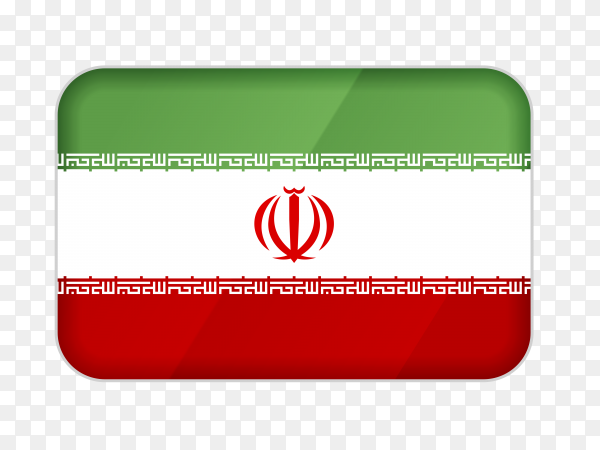 Persian
Persian
 Russian
Russian
 Chinese
Chinese


 +7929688-88-14
+7929688-88-14



